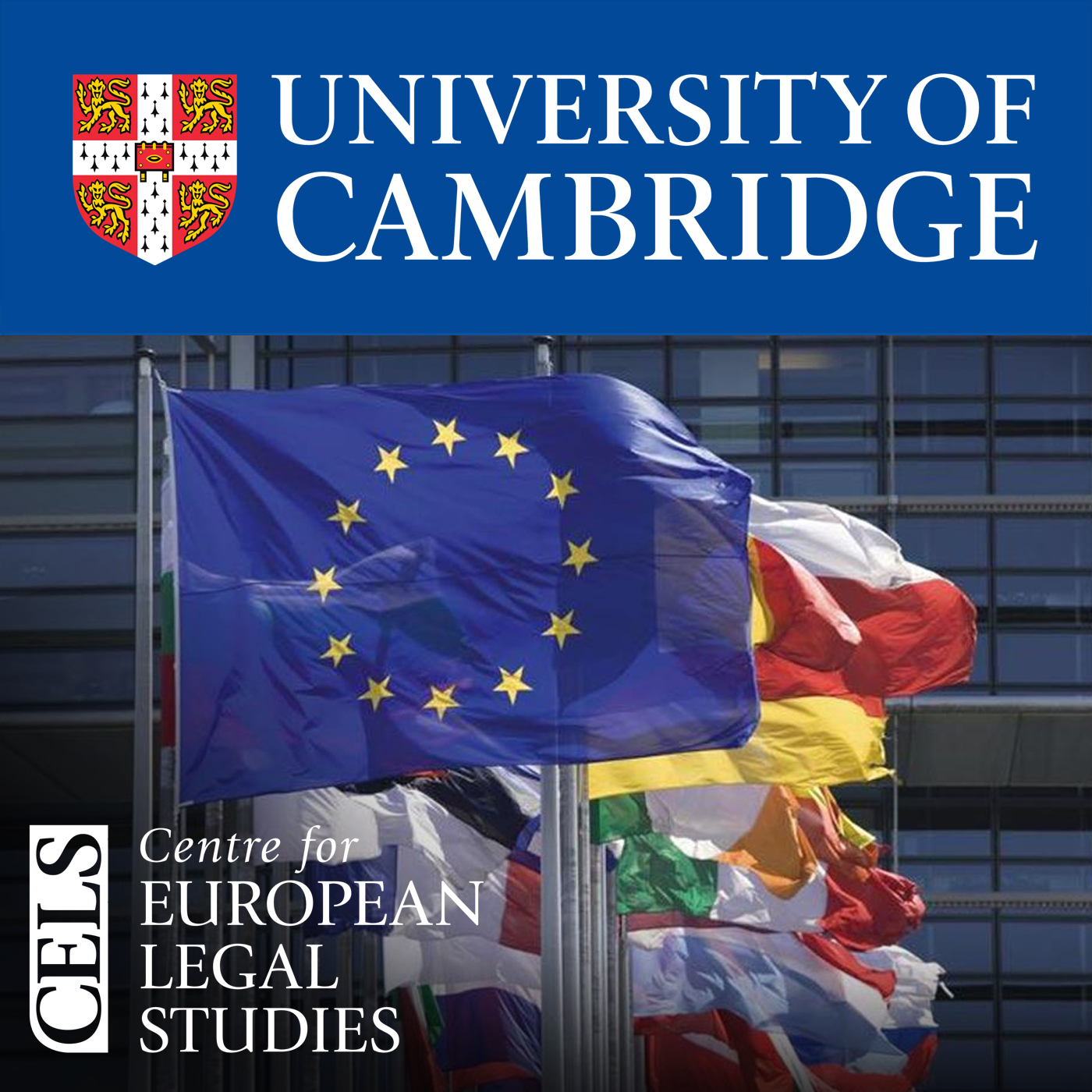'Institutionalising Interdependence' - Floris de Witte: CELS Seminar
Duration: 38 mins 15 secs
Share this media item:
Embed this media item:
Embed this media item:
About this item

| Description: |
Professor Floris de Witte of the LSE gave a lunchtime seminar entitled "Institutionalising Interdependence" on 22 February 2017 at the Faculty of Law as a guest of CELS (the Centre for European Legal Studies).
For more information see the CELS website at http://www.cels.law.cam.ac.uk/ |
|---|
| Created: | 2017-02-22 15:24 |
|---|---|
| Collection: | Cambridge Centre for European Legal Studies (CELS) Seminar Series MOVED |
| Publisher: | University of Cambridge |
| Copyright: | Mr D.J. Bates |
| Language: | eng (English) |
| Abstract: | The history of European integration has been a history of managing interdependence between the Member States. The ‘long history’ of European integration suggests that interdependence between states was primarily understood as something that could be overcome through the creation of institutions. The ‘integration through law’ project, likewise, understood interdependence to be central to the integration process. Rather than seeing it as an institutional question, however, integration through law employs interdependence as a justification for the way in which it has depoliticised the process of integration. Finally, in the last decades on integration, it appears that the creation of ‘ever further interdependence’ has been an explicit objective of European integration.
The history of European integration has also been a history of ever greater contestation of the EU’s authority – culminating, of course, in Brexit. This can be explained by the partial nature of EU law (which is more sensitive to individual than communal values), and by the extension of EU competences into redistributive domains. EU law, as such, more and more often dictates the answer to salient political questions. If anything, then, contestation such as Brexit confirms the suspicion held by many commentators that the way we manage interdependence in the EU does not stabilise but destabilises the integration process itself. European integration, in other words, does not tame the externalities of interdependence, but multiplies them. This paper looks at different ways in which interdependence could be internalised in ways that are more sensitive to different visions of ‘the good’. |
|---|---|

